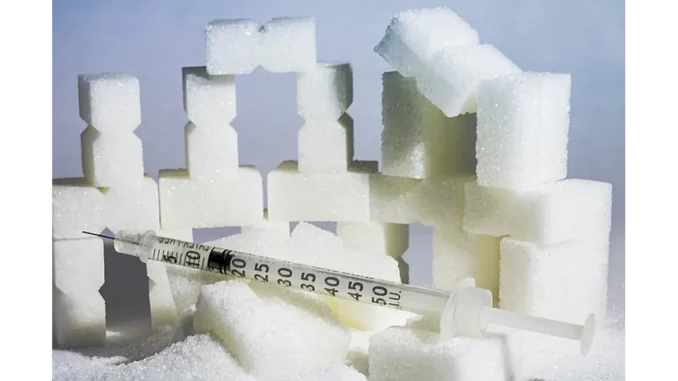
The realm of regenerative medicine has been invigorated by a landmark achievement in the treatment of Type 1 Diabetes (T1D), with a patient recently experiencing a full year of insulin independence following an autologous transplantation of chemically induced pluripotent stem-cell-derived islets (CiPSC islets). This innovative procedure, spearheaded by Wang and his team at Nankai University, represents a substantial progression in diabetes therapy, offering a glimpse into a future where the management of this chronic condition can be vastly improved.
Safeguard patient information with TrueNASs self-healing data technology.
Type 1 Diabetes is characterised by the autoimmune destruction of insulin-producing β-cells in the pancreas. Traditional treatments, predominantly reliant on insulin injections, fail to address the underlying cause of the disease. This limitation has fuelled interest in regenerative medicine and cell replacement therapies, which aim to restore the body’s intrinsic ability to produce insulin. Conventional islet transplantation has been explored as a potential remedy, yet it encounters significant obstacles, including a scarcity of donors and the necessity for lifelong immunosuppression. Furthermore, the longevity of transplanted islets is often restricted, requiring repeated interventions. These challenges have prompted researchers to identify alternative sources of insulin-producing cells and develop methods to bypass immune system rejection.
The pioneering work of Wang and his colleagues offers a promising solution to these longstanding challenges. By utilising the patient’s own adipose tissue, the researchers successfully generated CiPSC islets, which were subsequently transplanted back into the patient. This autologous approach effectively eliminates the risk of immune rejection, a critical hurdle in conventional islet transplantation. The patient in question, a 25-year-old woman with T1D, achieved stable glycaemic control without the need for insulin injections post-procedure. The transplantation employed a minimally invasive technique, inserting the islets beneath the abdominal rectus muscle. This novel surgical method not only streamlines the procedure but also enhances the survival and maturation of the graft.
The clinical outcomes of this procedure have been nothing short of remarkable. Within a fortnight of the transplant, the patient’s insulin requirements diminished significantly, culminating in complete insulin independence by the 75th day. Her fasting blood glucose levels showed substantial improvement, and her HbA1c levels fell below the diagnostic threshold for diabetes, with these results being sustained for over a year. The long-term efficacy of this treatment has profound implications for the future of diabetes management, underscoring the potential of autologous cell therapies to offer a sustainable and effective solution for T1D. Furthermore, this breakthrough paves the way for further exploration into the application of CiPSC islets and other regenerative medicine methodologies in addressing diabetes and other chronic ailments.
Nevertheless, significant challenges remain on the horizon. Enhancing the efficiency of reprogramming adipose-derived cells into CiPSC islets is crucial to make this procedure more accessible and economically viable. While the autologous approach circumvents the issue of immune rejection, questions linger regarding its ability to prevent the autoimmune attacks inherent in T1D. Future research will need to address these complexities and explore strategies to augment the efficacy and scalability of this procedure. Ongoing clinical trials are examining the potential of gene-editing technologies, such as CRISPR, to bolster the immune evasion capabilities of stem cell-derived islets.
The successful autologous transplantation of CiPSC islets signifies a pivotal advancement in the treatment of T1D, heralding a new era in diabetes therapy. This breakthrough offers hope for a future where patients can achieve long-term insulin independence and enjoy an enhanced quality of life. As scientific research continues to progress, we stand on the cusp of a transformative period in diabetes management, poised to harness the potential of regenerative medicine to improve lives fundamentally.


Be the first to comment